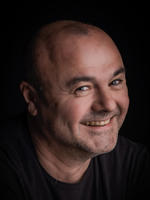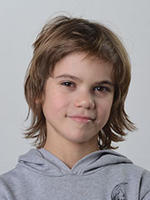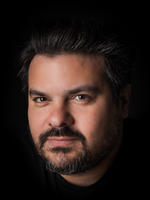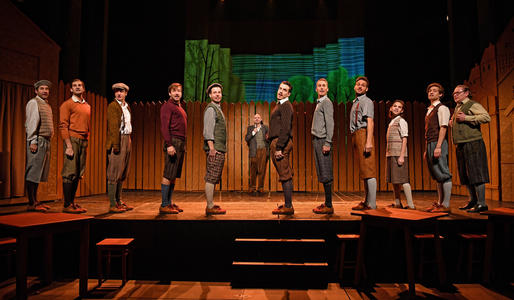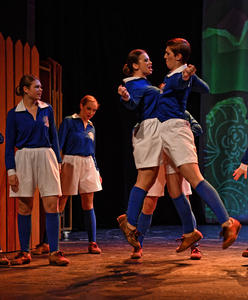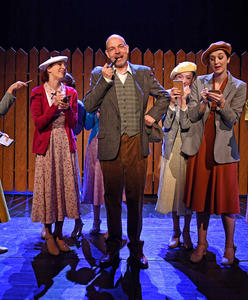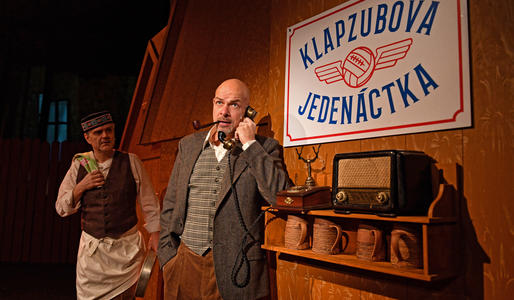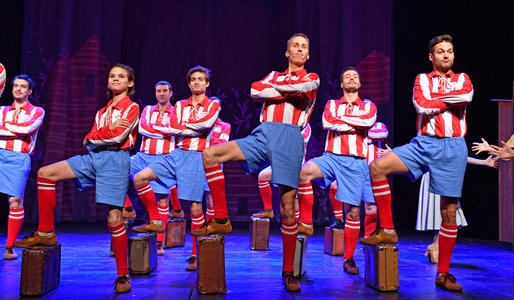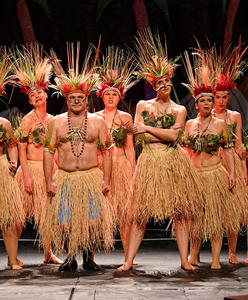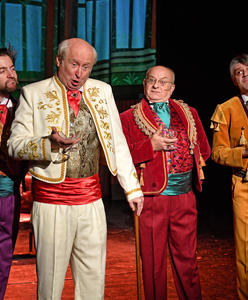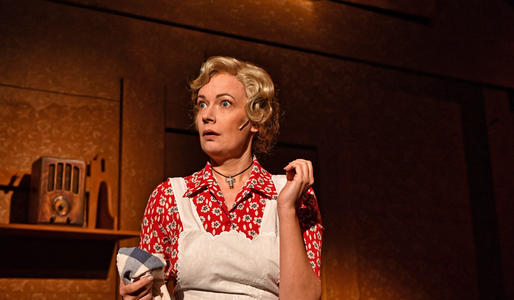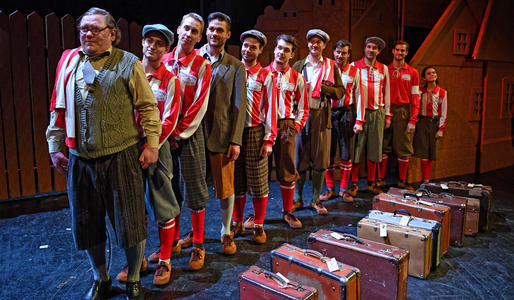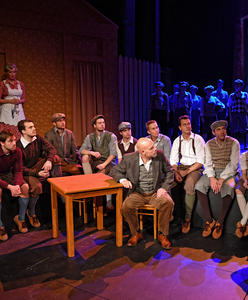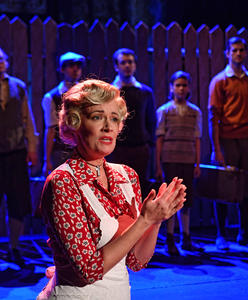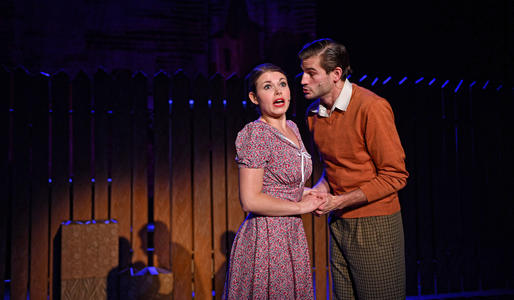a football fairy-tale
“Once upon a time there was a poor farmer called Klapzuba, who had eleven sons. Being poor, he didn´t know what to do with them and so he started a football team.” With these words, Eduard Bass opened his story about one unusually successful family soccer team. It’s a work which has been published many times since 1922, and there have also been many theatre and film versions of the tale, which has become an undeniable Czech literary classic. The team succeeds not only due to their skill at football but also (and mainly) thanks to their togetherness, friendship and sense of fair play. Bass’ work is fundamentally a modern fairy-tale about brave boys from a small village who refuse to be scared of the big wide world. With kind and mischievous hyperbole, Bass also built a memorial to the immortal Czech love for a game called football. And just as the Klapzuba boys from Dolní Bukvičky became admired world champions, the almost one hundred year old book has gained further and further generations of readers.
This theatre adaptation posed an attractive challenge for authorial trio Slovák–Šotkovský–Štěpán, who set out to create a brisk musical comedy for the widest possible audience and deliver top-level family entertainment similar to that provided by their production of Bítls. This story from way back when football still wasn´t played because of the exorbitant rewards but mainly for the joy of the game itself will be presented by our theatre to the rhythms of swing and under the baton (or perhaps whistle) of Stanislav Slovák (who is also a successful football coach himself).





